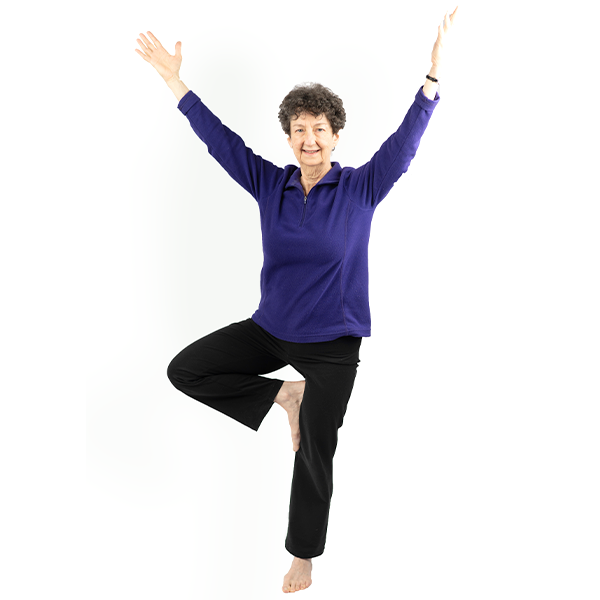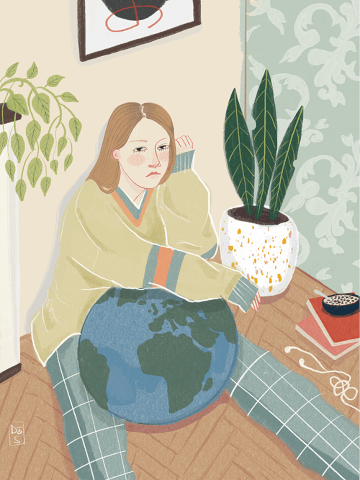This can be a challenging time of the year. Some parts of the world have had extreme conditions in recent months. The Eastern US has had extreme snowfall. Across much of Europe and the northern temperate zone, this time of year brings cold, and daylight hours are short. After the celebration, lights, and parties of Christmas, or the ancient festivals of the Winter Solstice, plunging back into the gray chill of winter is notorious for inflicting the “winter blues,” sometimes giving rise to a depressive seasonal affective disorder, aka SAD.
Beating Depression with Exercise
It’s no secret that depression and anxiety are rampant these days. So many people worldwide are feeling the effects of the ongoing pandemic, and dealing with its many, varied results, not to mention other stressors. It can seem that there is so little in our lives that we can have influence over, exacerbating feelings of powerlessness and depression.
In addition to the range of standard therapeutic interventions like psychotherapy and medication, there’s something all of us can adopt that will help boost our mood: adding exercise to our routine.
Good Standing and a Positive Stance
For some, Summer is a time of rest, relaxation and vacation. Unfortunately, for teens and young adults, these months are often wrought with the anxiety of life ahead: starting college, searching for a job...It is important to address the major role our bodies play in how we weather times of stress and uncertainty.
We’ve always known that there is a connection between the physical and the emotional. We know how hard it is not to get grumpy when we aren’t feeling our best. Being laid up with a cold or fighting a headache can spoil anyone’s mood.
Now there is a mounting body of scientific research suggesting this connection is much stronger than simply reacting to discomfort or pain. It appears



